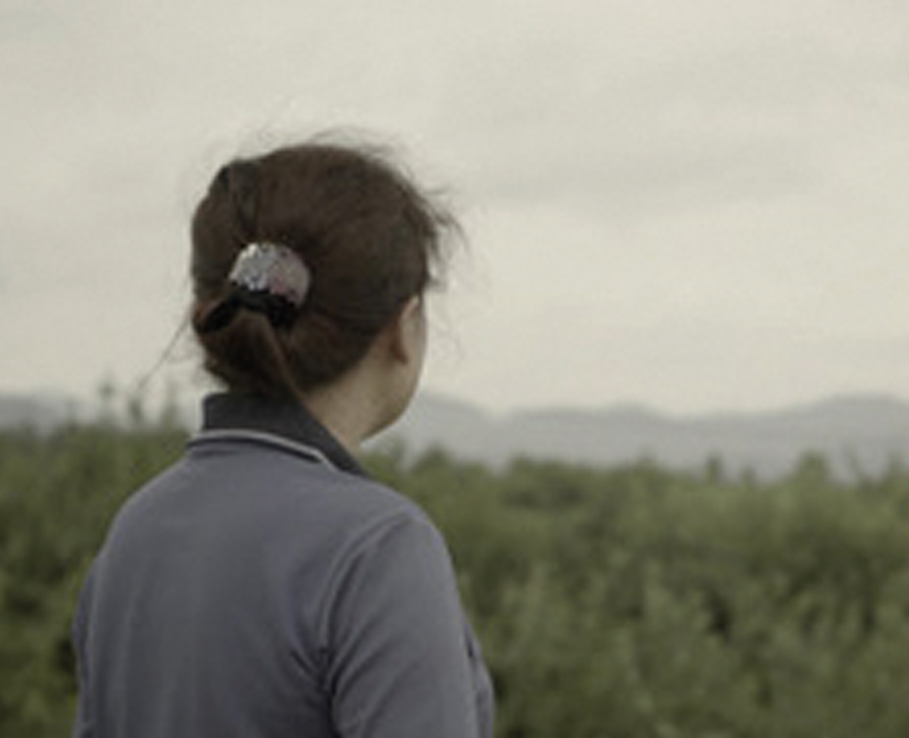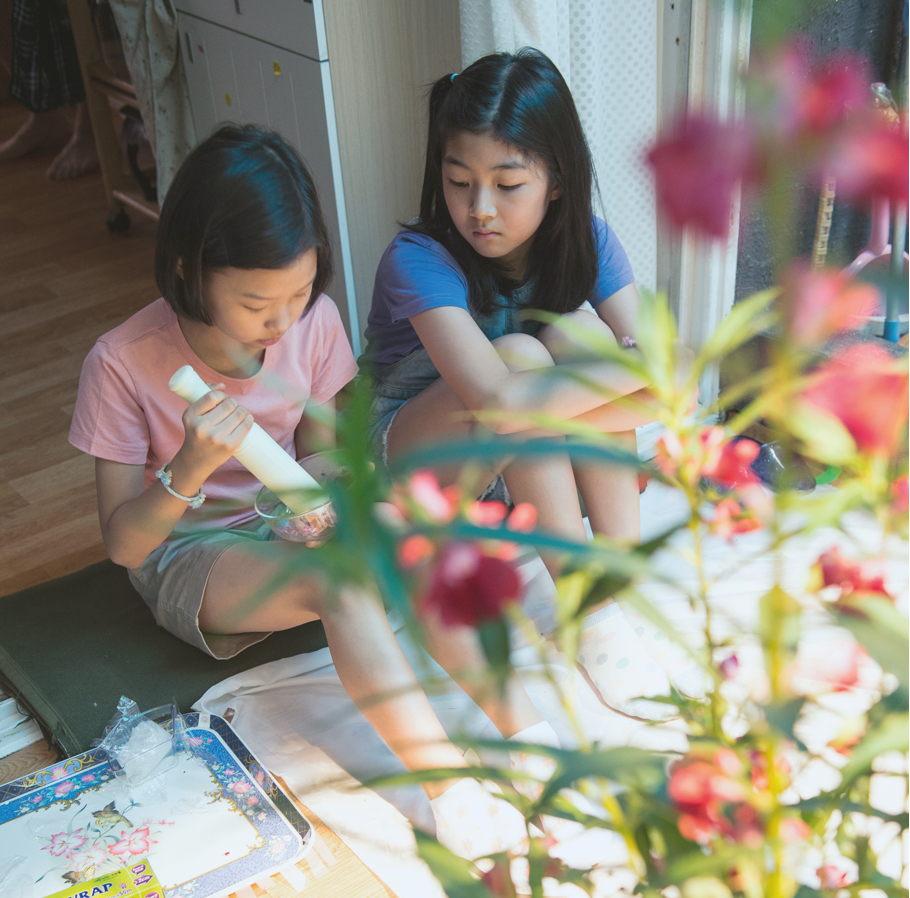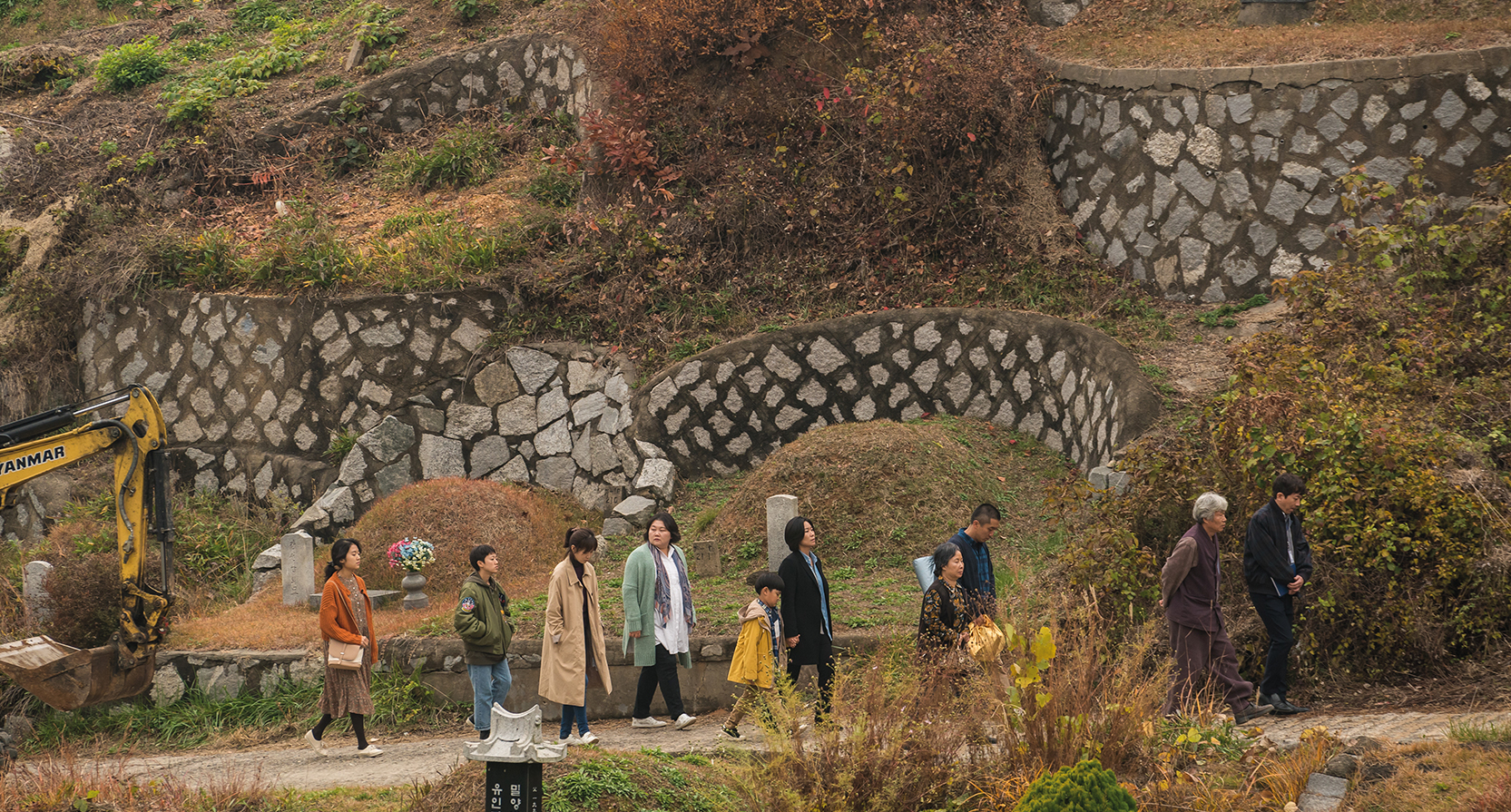January 2021

January 2021
The 21st century has seen cultural inclusivity and the spirit of embracing diversity grow in prominence. Amid the cultural hegemony of mainstream media and cultures, the independent arts scene, especially through Korean cinema, imbues much-needed creativity and diversity to the film industry. The experimental charms of Korean indie films offer more than fresh doses of ingenuity to mainstream audiences and stands out with its eclectic offerings for movie enthusiasts worldwide.
Written by
Wook Steven Heo,Independent filmmaker & Yong In University professor

The Korean indie film scene debuted through the evolution of Korean cinema overall. Since the nation’s democratization in the late 1980s, de facto liberty was granted to creative and artistic pursuits. The domestic film industry kicked off on behalf of the underground film scene, specifically university students’ cinema club activities.
The following three movies offer a glimpse into both the history and prospects of Korean indie film. Though all three delve into exclusively Korean issues, they are also relatable on a universal level.
The first is “Move the Grave,” director Jeong Seung-O’s first feature film released in 2020. Earning the CGV Arthouse Award in the Korean competition category at the 2019 JIFF, the movie went on to earn the Grand Prix at the Warsaw Film Festival in Poland and Best Film at the Bastau International Film Festival in Kazakhstan. The plot revolves around four sisters and a brother who gather to move their father’s grave, and all five hail from vastly different backgrounds and contextual settings. Though their stories initially deal with separate issues, they are commonly tied to Korea’s patriarchal system. Today’s realities and contexts don’t comply with patriarchal conditions, an incongruity that negatively impacts each sibling. Hence the film probes such residue from the past and their sheer lack of utility and questions if the remnants of patriarchal mindsets permeating Korean society today serve any meaning or productive purpose. Patriarchal values compose the zeitgeist of contemporary Korea, burdening many as well as the film’s protagonists. The director produced a remarkable work through witty dialogue and ensemble acting and in “Move the Grave,” he examines what factors constitute or define a family.
 Yi Seung-jun’s “Shadow Flowers” was screened at IDFA, the Hot Docs Film Festival and other film festivals abroad,
Yi Seung-jun’s “Shadow Flowers” was screened at IDFA, the Hot Docs Film Festival and other film festivals abroad,
in addition to winning Best Korean Documentary at the 2019 DMZ International Documentary Festival. © Gary Kam
 Yoon Ga-eun’s “The World of Us” won Best Feature Film for Children at the Zlin Film Festival in the Czech Republic. © ATNINE FILM
Yoon Ga-eun’s “The World of Us” won Best Feature Film for Children at the Zlin Film Festival in the Czech Republic. © ATNINE FILM
Director Yi Seung-jun, whose “Planet of Snail” (2012) was the first Asian documentary to win Best Feature-length Documentary at the International Documen-tary Film Festival Amsterdam (IDFA). More recently, he earned an Oscar nomination last year for Best Short Documentary for “In the Absence,” which is about the 2014 sinking of the Sewol ferry. His latest work “Shadow Flowers” (2019) follows North Korean housewife Kim Ryun Hee, who ended up in South Korea through a twist of fate and was forced to become a citizen. Despite desperately trying to return to her family in the North through means like passport fraud, smuggling and even suicide attempts, she was no match for the unyielding atmosphere of inter-Korean relations. The narrative explores the reality on the Korean Peninsula where the personal and integral needs of an individual can get crushed by ideological and political strife between the divided Koreas.
 Jeong Seung-O’s “Move the Grave” (2020) achieved an impressive balance of critical acclaim both at home and abroad. © Indiestory
Jeong Seung-O’s “Move the Grave” (2020) achieved an impressive balance of critical acclaim both at home and abroad. © Indiestory
Jeong Seung-O’s “Move the Grave” (2020) achieved an impressive balance of critical acclaim both at home and abroad. © Indiestory
A cherished genre among indie filmmakers is the coming-of-age film. From “The World of Us” (2016) directed by Yoon Gaeun to director Kim Bora’s “The House of Hummingbird” (2018), which earned the award for Best International Narrative Feature at the 2019 Tribeca Film Festival in New York, award-winning and poignant indie films from Korea emerged.
“Moving On” (2019) by director Yoon Dan-bi won the Bright Future Award at the International Film Festival Rotterdam and the top honor at France’s Festival of the Three Continents. The films shows family struggle from the standpoint of teenage siblings Ok-ju and Dong-ju. As the family spends summer vacation at the home of the teenagers’ grandparents, the struggles and wounds of each family member are fleshed out in detail. The candid display of such issues show a magical nostalgia for the past plus universal conditions during the transition between childhood and adulthood. Such cinematic finesse is a reminder of what Korean what Korean indie cinema is acclaimed for: poignant portrayals of spatial dimensions, adept actors and the wistful coming-of-age sentiment.
The media and film industries have fallen victim to chaos and despair spawned by the COVID-19 pandemic. Regardless, the coronavirus-induced crisis is not all doom and gloom. Young and energetic filmmakers could find opportunity through new digital platforms, offering greater liberty for cinematic exploits. Developments in film equipment and technique have led to high-quality cinema made through simpler means, which often imply lower costs. Alternative modes of observing and documenting social currents and allowing more inclusivity, which is the core of the spirit of indie cinema, will hardly grow obsolete.